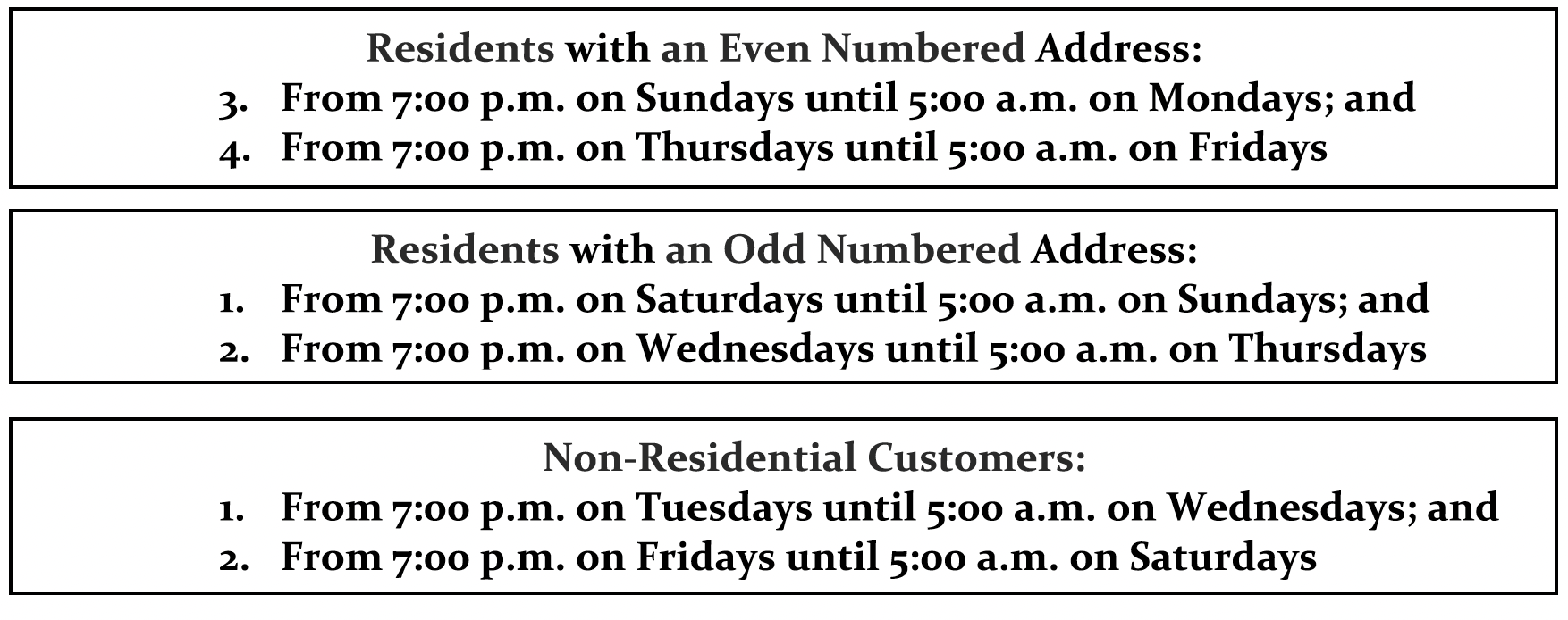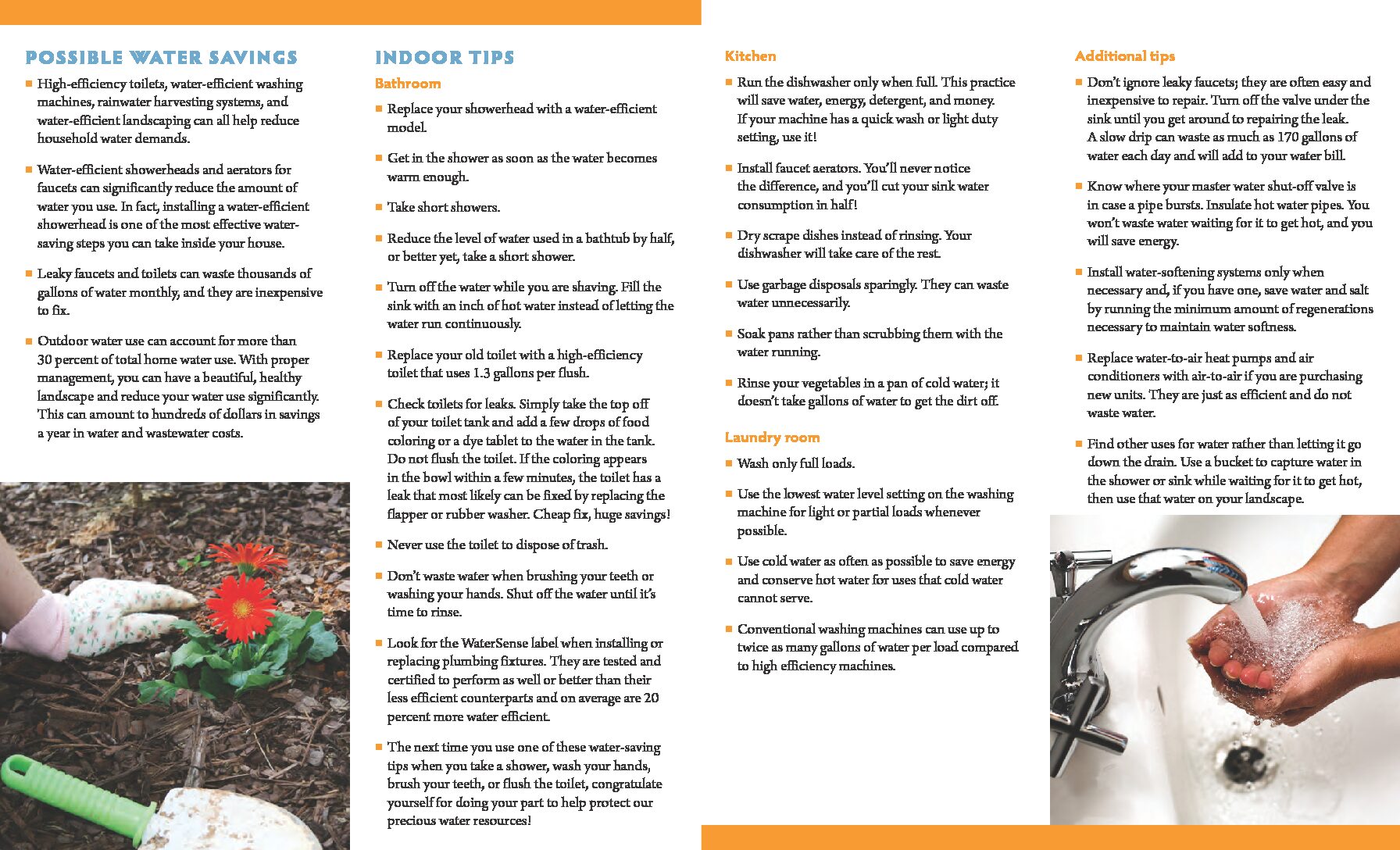NHCRWA Terminates Stage 2 of its Drought Contingency Plan
The North Harris County Regional Water Authority (NHCRWA) has TERMINATED Stage 2 of its Drought Contingency Plan effective immediately. Please note that Stage 1, voluntary water conservation, is still in effect until further notice. As a participant with the NHCRWA, Harris County MUD 360 is required to implement Stage 1 of its Drought Contingency Plan (DCP) immediately.
- Repair detectible water leaks within 72 hours of discovery;
- Utilize water conservation measures such as displacement bags, low-flow shower heads and leak detection tablets;
- Limit outdoor irrigation to the hours 7:00 p.m. and 5:00 a.m. of the following day on no more than two (2) days per week, in conformity with the following schedule (no watering on Mondays):
- Sundays and Thursdays for single-family residential customers with even-numbered street addresses
- Saturdays and Wednesdays for single-family residential customers with odd-numbered street addresses; and
- Tuesdays and Fridays for all other customers
- No watering on Monday
Compliance with the above requirements is VOLUNTARY.
Additionally, customers are requested to practice water conservation and to minimize or discontinue non-essential water uses such as vehicle washing, power washing, gutter flushing, and refilling swimming pools, hot tubs or aesthetic fountains (except those that support aquatic life).
We appreciate your water conservation efforts and look forward to providing additional information in the near future.





